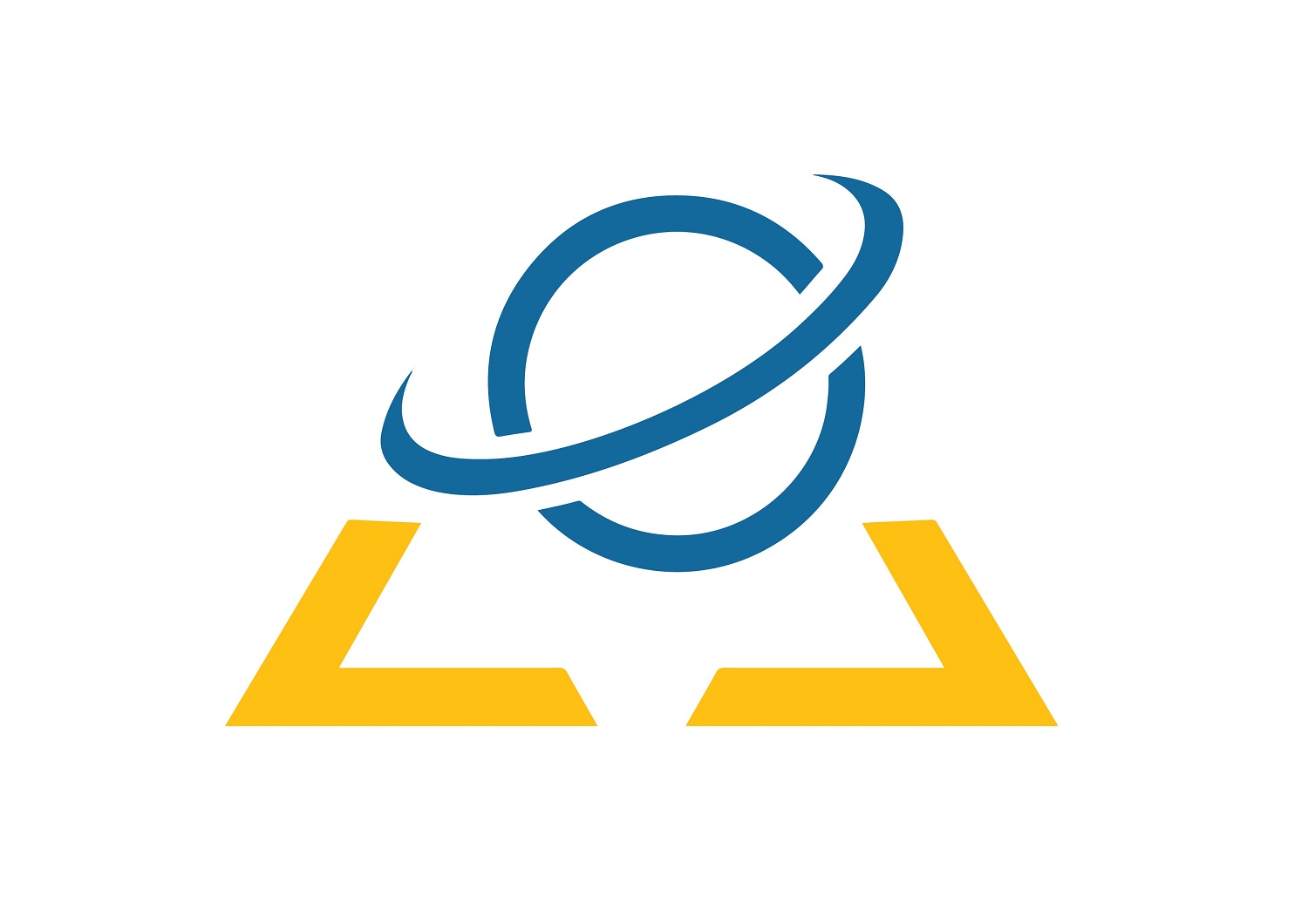Prof Salisu Shehu’s pointblank truth from the pulpit
Behind every activity one embarks upon is an intent to achieve one or more specific goals. Occasionally, an individual accomplishes more than what he/she had planned to achieve; sometimes outside of his/her deliberate plans. When I left for Kano last week to ‘kill two birds with one stone,’ I had no idea of the ‘windfall’ […]

Behind every activity one embarks upon is an intent to achieve one or more specific goals. Occasionally, an individual accomplishes more than what he/she had planned to achieve; sometimes outside of his/her deliberate plans. When I left for Kano last week to ‘kill two birds with one stone,’ I had no idea of the ‘windfall’ that was embedded for me in the trip. I was in Kano to visit my sick in-law and to attend the wedding fatiha of five daughters of my friend, Dr Shaykh Muhammad Bin Uthman. The windfall of my trip is the subject matter of our discourse today.
Myself and my colleague, Alhaji Abba Jatau, were early to the venue of the wedding fatiha, Masjidu r-Rahmah (the new complex of Masjidu s-Sahabah), and so, we sat in the front row of the congregation. After the call to prayer, the Imam, Prof Salisu Shehu, climbed unto the pulpit and began his khutbah (sermon), which centered on justice; the bane of all the current multitude of crises bedeviling Nigeria. Moments into the highly thought-provoking khutbah, the entire mosque was filtered with pin-drop silence.
The khutbah was so coherent and analytical of the unfortunate situation we have found ourselves as a people and as a country. Even if my memory were prepared to recall all that I listened to from the long yet well-timed khutbah, the space provided for this column is practically insufficient to remember all the truths that the erudite Islamic scholar, prayer leader and preacher lucidly sermonised from the pulpit. With a fatigued brain, I will try to recollect some key points of the khutbah.
Justice, Prof Salisu explained, is central to attaining a peaceful, prosperous, and progressive society anywhere in the world. “No society would survive injustice (however scientific and technologically advanced) even if it were an Islamic government. But even if it were under a non-Islamic rule, society would survive so long as impartial justice prevails in all aspects of human life,” he affirmed. Quoting from Qur’an 4:135, the pointblank scholar said, “Justice, no matter who is involved, is universal and dispassionate in nature because it does not discriminate against rank, socio-economic status, gender, age, race, family ties, or religion. Whether as a Muslim or a non-Muslim, the right to justice is fundamental,” Prof Salisu emphasised.
Tracing the root of the unfortunate mess we have collectively found ourselves as a nation, Prof Salisu cited Qur’an 17:16 where Allah states “When we decide to destroy a population, we (first) send a definite order to those among them who are given the good things of this life and yet transgress; so that the word is proved true against them: then we destroy them utterly.” Elucidating this verse, Imam Salisu Shehu asserted that when committing sin becomes too widespread and with impunity as evidenced and symbolised in all the prevailing forms of injustices in Nigeria today, Allah’s wrath becomes inevitable. For one and a half decades, Nigerians have continued to suffer from the evils of banditry, kidnapping for ransom, resurgence of terrorists’ attacks, a perpetually dwindling economy characterised with skyrocketed inflation and high cost of living; with peace becoming an expensive ‘commodity.’
Sustaining absolute attention of his audience in the mosque with his God-given phraseology and eloquence in both Arabic and English, Prof Salisu further clarified the concept of distributive justice among other jurisprudential theories he paraphrased in his khutbah. If I heard Imam Salisu right, he said injustices stem from our individual and collective failure to discharge our responsibilities as ordinarily required of us in the enforcement of distributive justice. Bit by bit, a few from the populace started abusing the public trust placed upon them by the positions or authorities they occupy or command. He reminded the congregation that Nigeria was not like this before. It, however, began to change when stealing of public funds which started from a single digit brought us to where we are today. He cited an example and said, “From one digit of N5 or N8, we progressed to 2-digits theft of N16; then 3-digits theft of N124; then 4-digits theft of N3,000; then 5-digits theft of tens and hundreds of thousands and millions of naira; and now the theft is in compound digits of trillions of naira.” Through this scandalous pilfering of public funds, “millions of Nigerians,” according to him, “are denied access to quality education, basic healthcare, goods roads, and several other necessities of life.”
Prof Salisu expressed utter disappointment at how nearly everyone today forgets to talk of his various responsibilities as a citizen, as a worker, as a parent, as someone’s child, as an intimate friend, etc. All that most people talk about or prefer to talk about is what is due to them as right(s). Yes, Prof Salisu cannot be truer on this. Most often, people tend to forget that with every right comes commensurate responsibility. He said whether as leaders or led, we have responsibilities if evenhanded justice is to prevail. “It’s not right,” he affirmed, “for the led to accuse leaders when they have also failed in their duties as the led. Prof Imam Salisu is the current Vice-Chancellor of Al-Istiqamah University in Sumaila, Kano State. May Allah guide us to be just in all matters, everywhere and all the time, amin.
